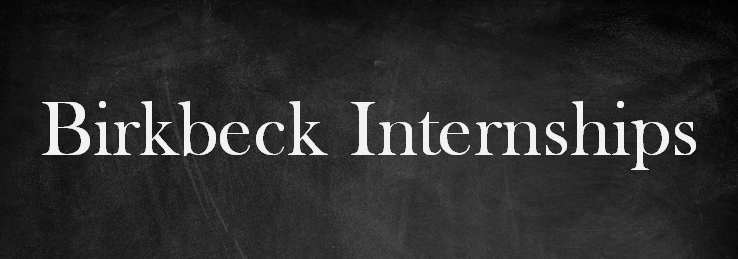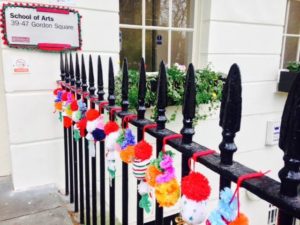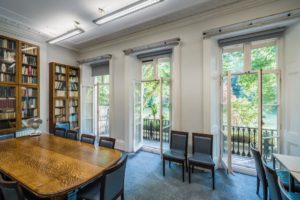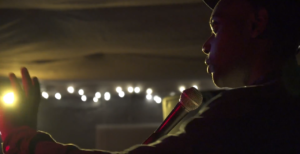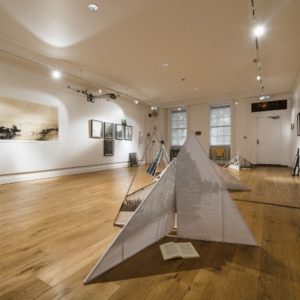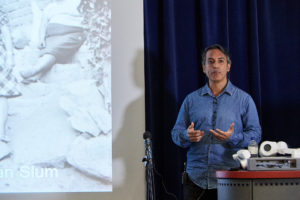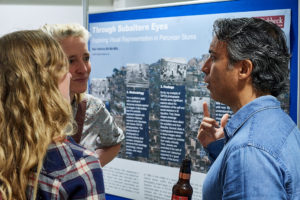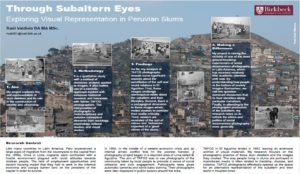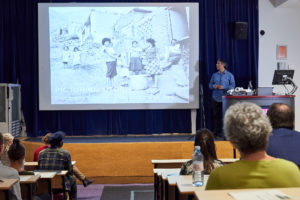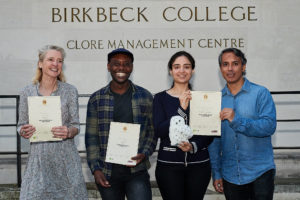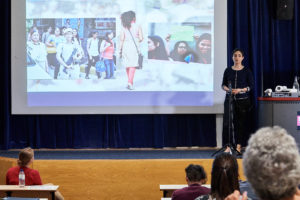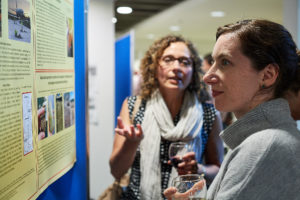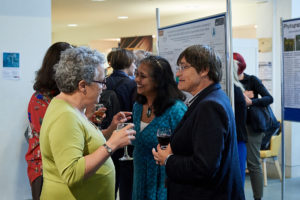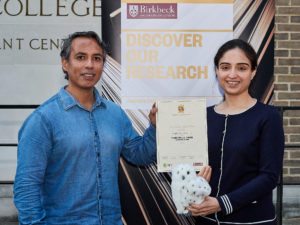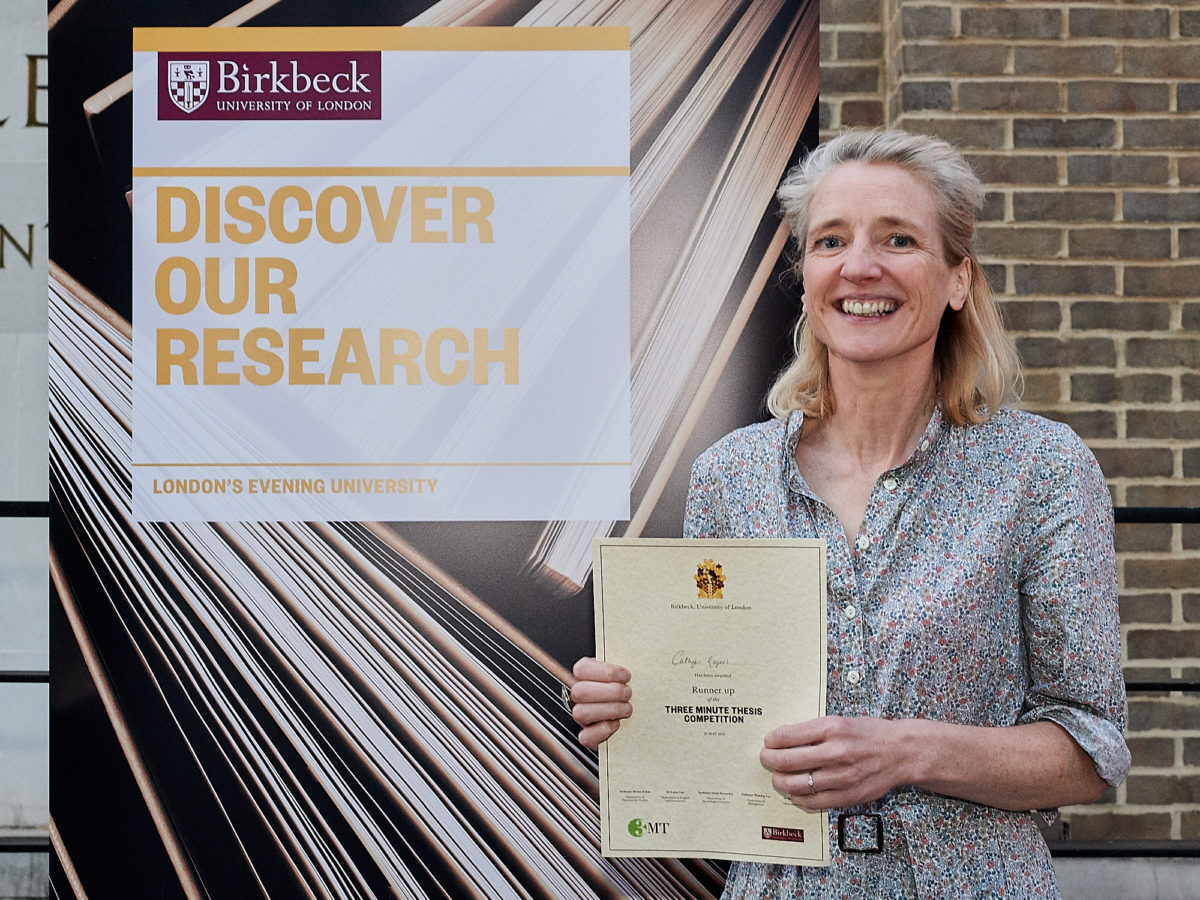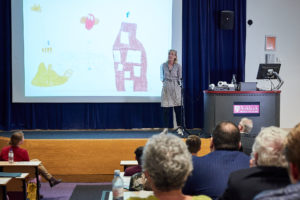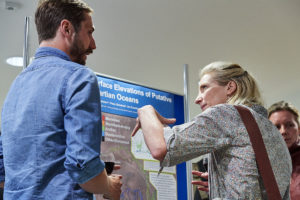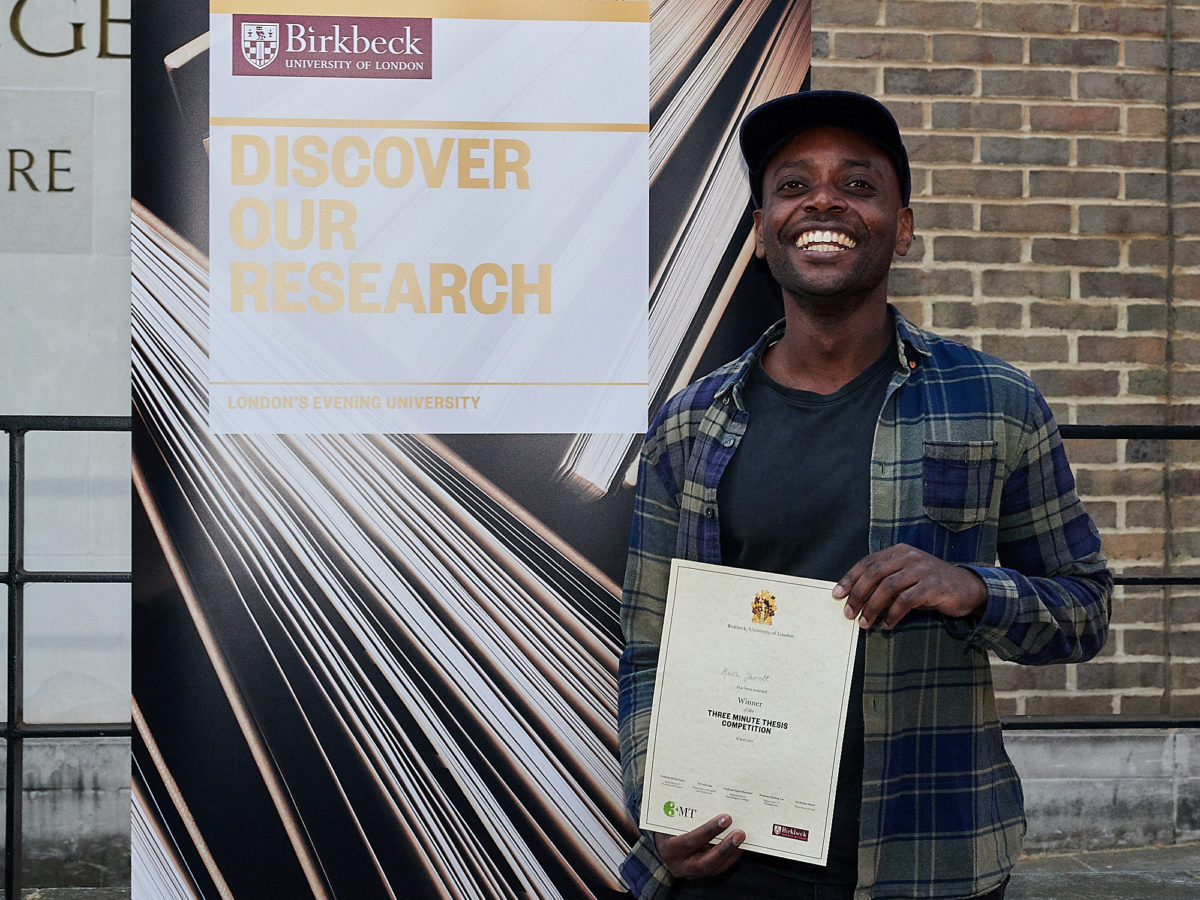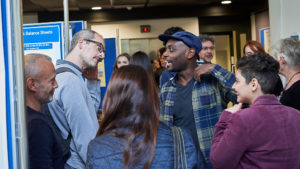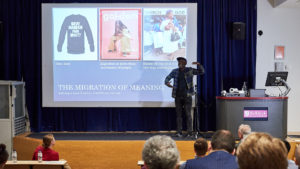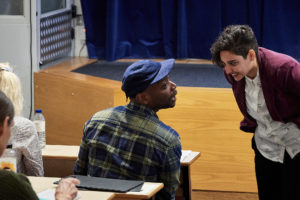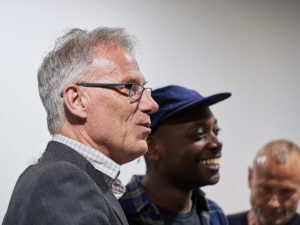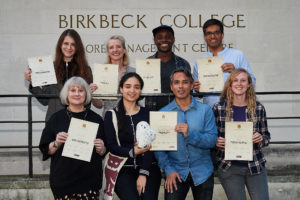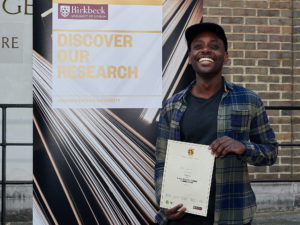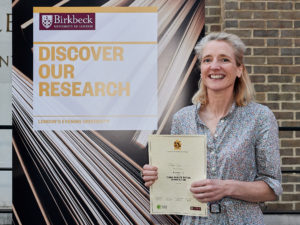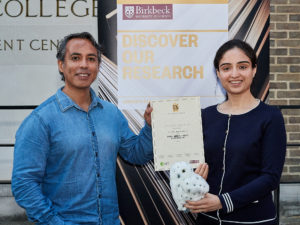Aren Roukema
Internships Academic Publishing: Working with 19: Interdisciplinary Studies in the Long Nineteenth Century

I had the great privilege of interning with 19: Interdisciplinary Studies in the Long Nineteenth Century, a well-respected humanities journal hosted by Birkbeck’s Centre for Nineteenth-Century Studies. Over the course of helping with three excellent issues of the journal, I gained valuable experience copyediting text and liaising with authors, reviewers and editors, and just generally had an opportunity to get the sense of a casual, yet still quite professional publishing environment.
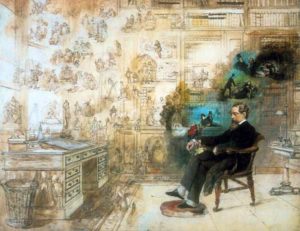

The position is largely self-directed, though the one-year internship at 19 is modeled on the adeptship of martial arts films — for the first six months you work and train with a more experienced intern who has already been in the position for at least one issue; for the last six months you’re the master. In reality this equates to learning and adjusting to situations together, as there’s always a new problem to solve, or at least a new twist on an old conundrum. That said, the support from the full-time editors at 19 was tremendous. I particularly benefitted from training and assistance with copyediting. I’d had some experience with this previously, but my time working with the 19 editors gave me an intense commitment to proper grammar and punctuation that I’m not entirely comfortable with with which I’m not entirely comfortable.
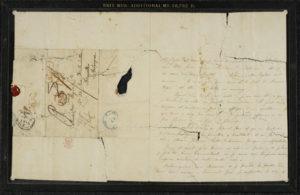
Though generally solitary, the internship could be quite social. During regular meetings with 19 staff and with faculty and students involved with the Centre, interns were frequently encouraged to share ideas for the future of the journal and other Centre activities. Internships like this one can be demanding on the already short supply of time available to a PhD student, but I encourage all who are interested in an academic career or a future in any aspect of publishing to apply. The position was fairly remunerated and provided excellent opportunities to develop skills related to both publishing and the critical evaluation of academic work.
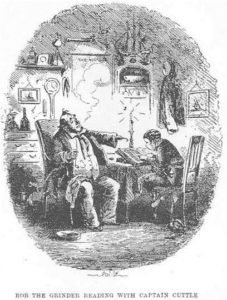
Images taken from http://www.cncs.bbk.ac.uk/

